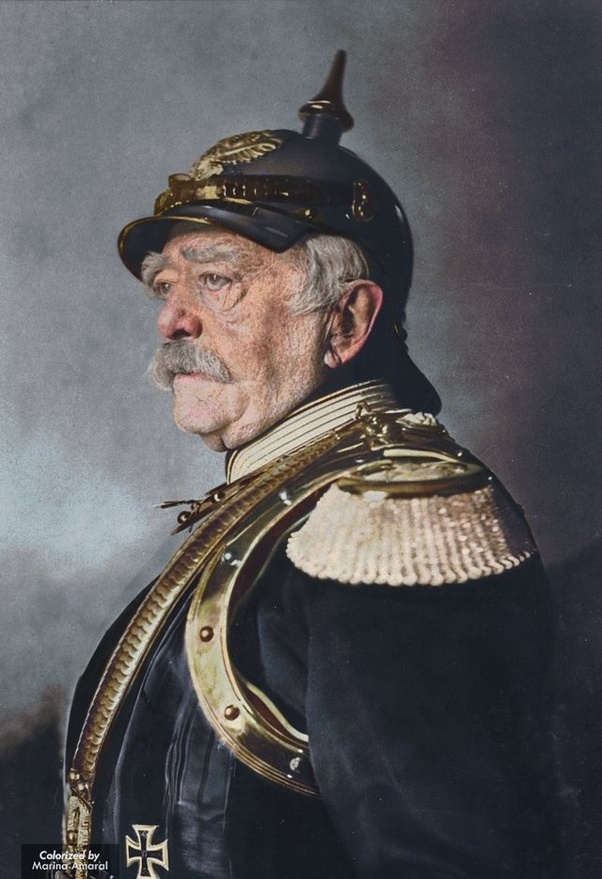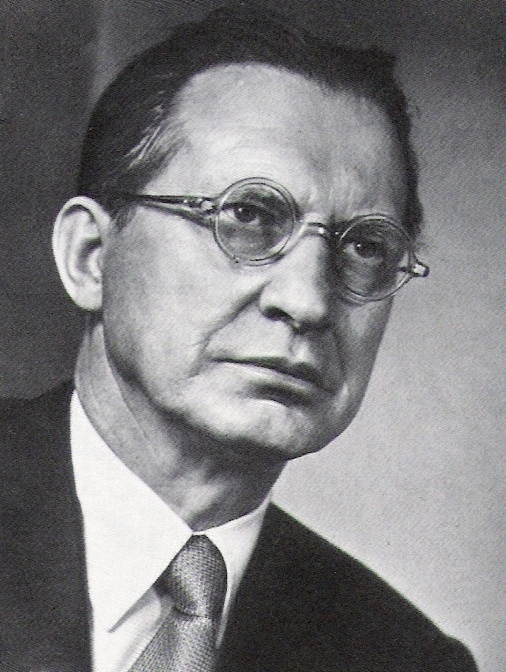What is the Regional Integration Process
The regional cooperation aims to increase and intensify cooperation between the countries of the region, including political dialogue, expansion and exchange of goods and services, the creation of a regional network energy, transport and telecommunication, facilitating the movement of people, mutual presentation with each other’s cultures, strengthening of ties in education, science and culture, common fight against organized crime, illegal traffics, terrorism, etc. (…more…)
EU: main promoter of regional cooperation
Regional cooperation is an essential element of the stabilisation and association process – the process that leads the Western Balkan countries towards EU membership. It helps the region to address common challenges such as energy shortages, pollution, transport infrastructure, cross-border criminal activities, etc. Progress in regional cooperation is monitored in annual progress reports.
The Instrument for Pre-Accession (IPA) provides financial support through different multi-beneficiary programs. (…more…)
The Berlin Process
What is already known as the “Berlin Process” will be the framework which will coordintae the pace of Balkan integration. Taking into account the Eurosceptic forces in Brussels and a 5-year stoppage of expansion announced by Commission President Jean Claude Juncker, the launch of the Berlin process is seen as the way to consolidate and keep the dynamics the Western Balkans countries’ integration policy dialogue.
At the Berlin Conference at the end of August, the EU is looking for a more favourable European Union allocation of funds for the region. The Process of Berlin began with the Conference of the high level held in Berlin in date. 28 August 2014 (…more…)

 Libraria Shteti Web
Libraria Shteti Web









